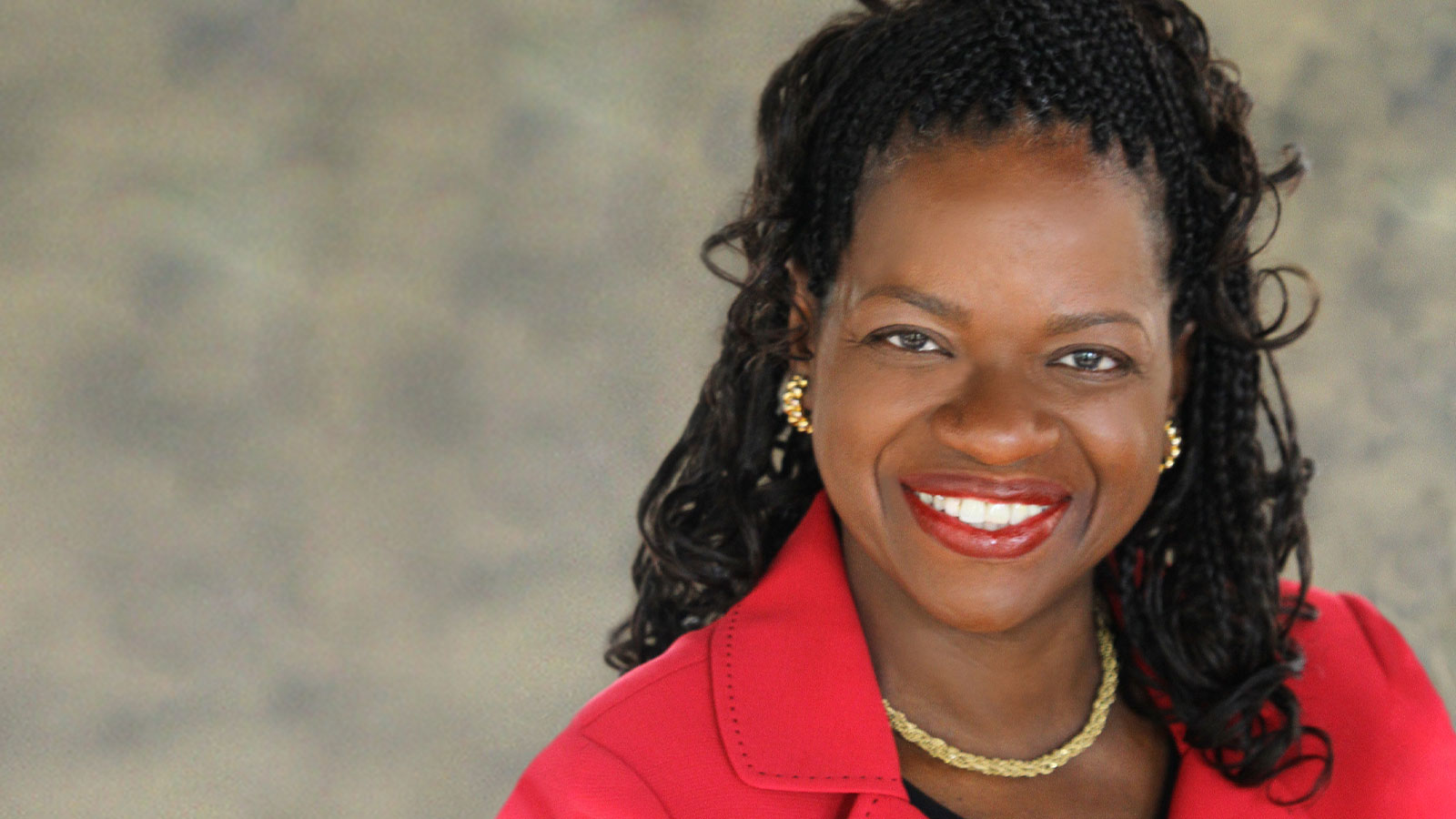I’ve fought for civil rights my entire career. In fact, in honor of my late mother, Vera Pearl Arnwine, I will tell you that my actual birth was amidst a fight for justice and equality to desegregate a White Hospital that refused to service the African-Americans in the nearby community.
After being driven past the White hospital during two previous labors, my Mom was determined to force change. She purposefully waited until her contractions were advanced and called the ambulance, which seeing her state, took her to the nearest hospital, the White hospital. When the White nurses tried to refuse service, the examining doctor said it was too late and ordered, “We got to deliver this baby.” Thus, my Mom defied the “Whites Only” designation and ultimately won as she gave birth to me, the first Black to force the integration of the now closed Seaside Hospital in Long Beach, California.
Being born a “civil rights protest baby” It is no wonder that I went on to graduate from Duke University School of Law and became president and executive director of the Lawyers Committee for Civil Rights Under Law, where I served for more than 26 years.
That hospital story, of course relayed to me by my mother, is quite relevant during this season in which we not only celebrate the birth of Dr. Martin Luther King Jr. but we escalate our commemoration of Black History. Now, as founder of the Transformative Justice Coalition, I remain keenly focused on issues of justice from every walk of life.
In 2023, one aspect of civil rights and racial justice that barely remains addressed is racial inclusion in media ownership. It’s high time to irrigate that fallow civil rights ground as America’s access to trusted, credible and diverse local and national news sources is the key to democracy. There is far too much misinformation and non-inclusion out there; especially impacting communities of color.
An article by the Leadership Conference on Civil and Human Rights, headlined, “The Abysmal State of Media Ownership Diversity in America,” says that “Access to the media by the broadest sector of society is crucial to ensuring that diverse viewpoints are presented to the American people, but racial and gender disparities in media ownership that date back to the beginning of the civil rights era continue to persist. Diverse voices in the media landscape help to ensure that diverse topics and perspectives are presented to counter disinformation and misinformation.”
The article continues, “At a time when more people, particularly Black people, are distrustful of the media, diversity in media ownership has become more important than ever for the functioning of our democracy. Diversity in ownership is part of that solution.”
This crucial issue is the reason that my good friends and colleagues in the current civil rights movement are going on the record in support of Standard General’s application before the Federal Communications Commission (FCC) to acquire TEGNA, a media company which owns more than 60 television stations across the country. Those colleagues include Dr. Benjamin Chavis, president/CEO of the National Newspaper Publishers Association, and the Rev. Jesse Jackson, president/CEO of the Rainbow/PUSH Coalition. Standard General has a proven record of investing in local news and enhancing diversity with a goal to have newsrooms look like the communities they serve.
Enhancing media diversity is a primary objective at the FCC, but it has a lot of work to do. The FCC just reported that Blacks account for only 3% of majority interests in full-power TV stations with Asian Americans at only 1%. Now it has a chance to really show that it cares about this goal as the Standard General transaction would radically enhance minority media ownership of broadcast channels. Asian-American Soo Kim, Standard General’s Managing Partner and Chief Investment Officer, has expressed commitment to helping newsrooms evolve and stay relevant in this age of on-demand content.
One of my primary venues for taking stances on civil rights issues is my 8-year-old radio show, “Igniting Change with Barbara Arnwine,” heard weekly on Tuesdays at Noon on Radio One’s WOL 1450 a.m. During the hour-long show, I have spent much time discussing voter participation and suppression. Based on the questions and concerns expressed by my listeners on the call-in format, it is clear that preserving local news and making it better and more reflective of the changing faces of America will make our democracy stronger and produce more informed voters. We cannot get this done without aggressively irrigating and sowing into the now fallow ground of minority media ownership. This is a goal that we must all share and promote.
Barbara R. Arnwine, Esq, is president & founder of the Transformative Justice Coalition and former president and executive director of the Lawyers Committee for Civil Rights Under Law.















